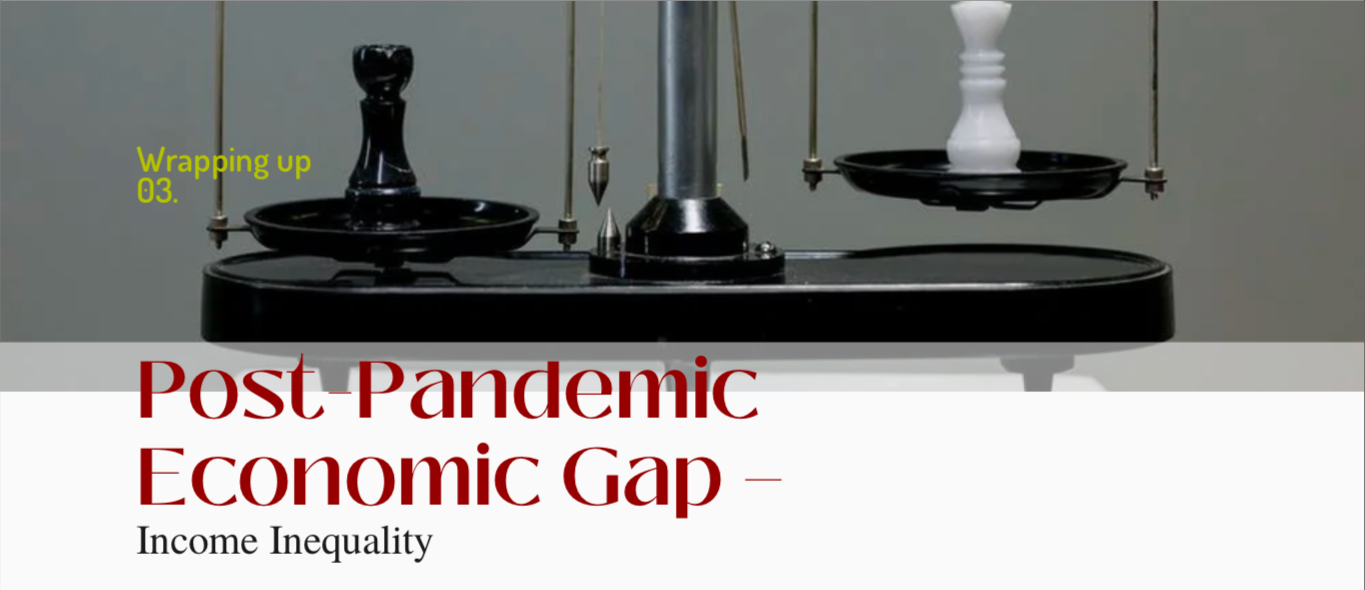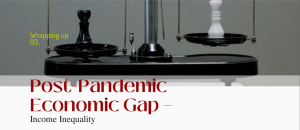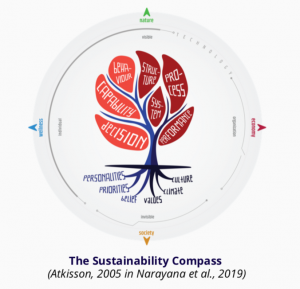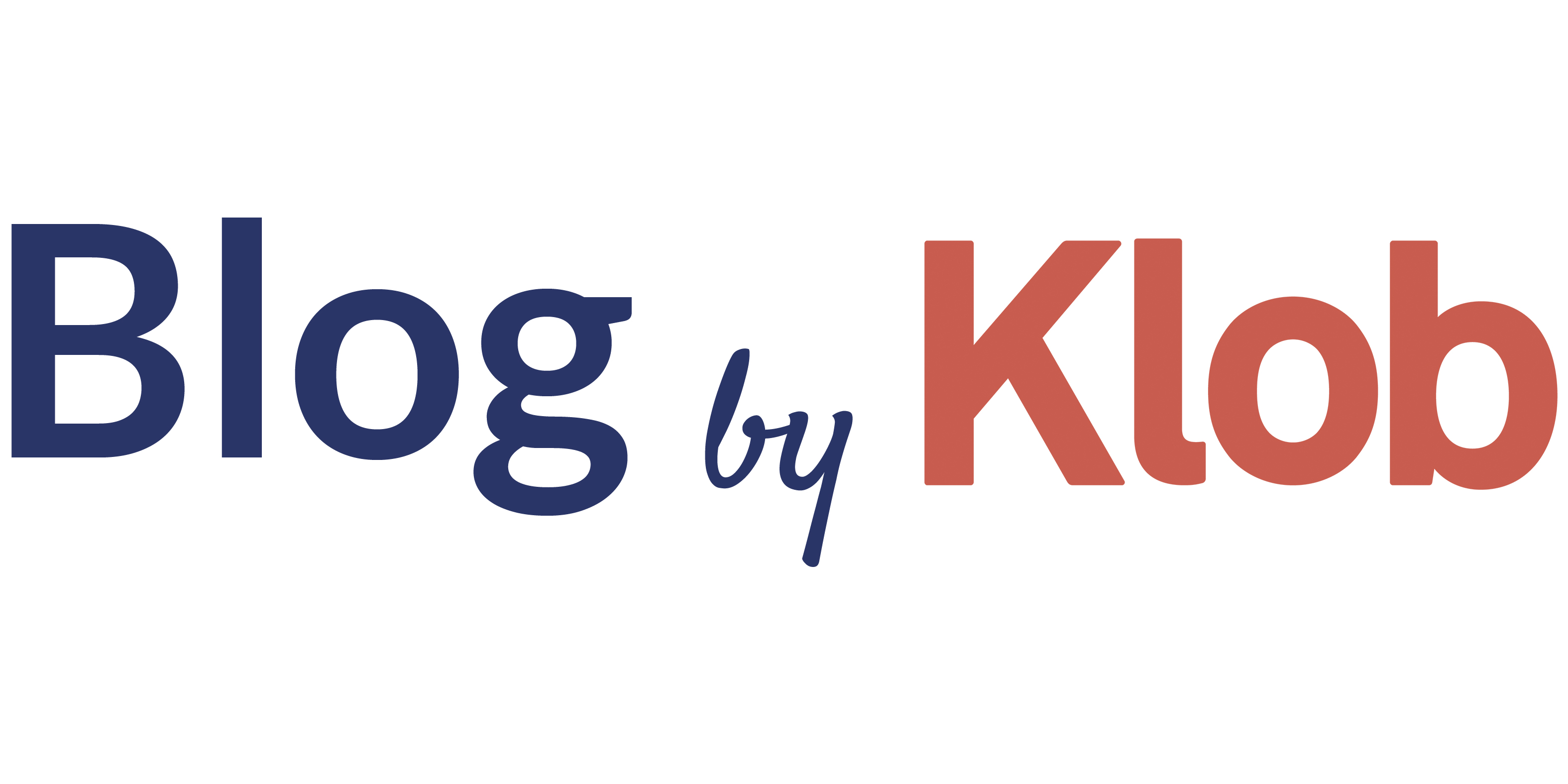
Post Pandemic Economic Gap: Income Inequality

The Covid-19 had a massive impact on how we live our life, whether it is personal or professional, even though the impact varies between people. Some people can strive with opportunities they found, some able to survive, but some are negatively affected, such as losing their job or even having to fight just to live for this day. These unfortunate fates are especially felt by people from lower social classes (Kikuchi et al., 2020; Suryahadi et al., 2020), women (Madgavkar et al., 2020), minorities (International Labour Organization, 2021), and even young adults referred to as Class of Corona who have barely had any chances to find any employment once they graduated (ILO & OECD, 2020). According to recent articles by Ferreira et al. (2021) and Deaton (2021), inequality is on the rise with the global recession and all the consequences lurking behind it.
According to Badan Pusat Statistik (BPS), the number of people who are categorized as poor (categorized by expenses that is below Rp460 thousand per person or Rp2.2 million per family per month) in Indonesia has increased by more than 2.7 million people due to the pandemic. As of early 2020, 1.2 million workers from 74,439 companies in Indonesia, both in the formal and informal sectors, have either been told to stay home or have been laid off as a result of the pandemic (Kementerian Ketenagakerjaan, 2020). This massive layoff happened because businesses had to shut down their factories due to the low demand and the obligation to social distance. The government has encouraged businesses to lower their salaries or reduce working days or hours, instead of laying off their employees. Nevertheless, with or without this encouragement, many workers would have lower earnings due to the pandemic.
As income inequality occurs and is felt by everyone, it will invite threats to the nation’s stability and people’s safety. The crime committed, the occurrence rate of demonstration, and increasing fear inside the nation will grow as the gaps become broader (Murad & Alshyab, 2019). Ironically, the predicted crime growth does not only happen because of petty crimes that were done by people who desperately need money during the pandemic, but also by the higher-ups. To help the people who are economically affected by the pandemic, the government has allocated funds to provide social assistance and aid as a way to reduce poverty. Unfortunately, these funds were seen as an opportunity to gain more wealth by certain people.
On 2021, Indonesian former social affairs minister was found guilty of embezzling coronavirus aids funds. He was proven to receive billions of rupiah from supplier companies to set aside some amount of funds from each package of basic food that is distributed to the people who are poor and economically affected by the pandemic, for his own benefit.

Besides the previous threats, income inequality also would cause most people to have hardships in fulfilling their housing and food needs (Food, 2020), as well as providing education for the younger people (Fauzia, 2021). Prolonged situations will end up on lower well-being levels, possibly becoming the next global depression that will impact their productivity as a driving force of the nations’ economy (Tsai, 2009). Furthermore, our effort to bring equality towards gender and races will become hampered or regressed (Madgavkar et al., 2020). The unfortunate condition of the people and nation will unavoidably drag the company’s ability to give prosperity towards nature, economy, societies, and well-being that is also known as The Sustainability Compass.
The sustainability compass is a guidance for orienting people towards sustainable development initiatives that require multi-stakeholder engagement to make it happen because people’s existence as leaders of a new planet is no longer limited to economic progress, but also contributes to efforts to maintain the balance and sustainability of the world (Atkisson, 2005 in Narayana et al., 2019). As of late, the sustainability compass is adapted by Compass Education, a NGO that is registered in the US and based in Thailand, to allow sustainability learning to happen. This sustainability compass framework’s purpose is to direct individuals, groups, and/or organizations to act for the future generation even when facing adversity (Mahdei et al., 2015) such as one caused by Covid-19.
Companies and governments may be required to reconsider their strategic and cultural priorities to get them in sync. Once synced, big or small-sized companies can create mutual collaboration with the government. To tackle the event from becoming worse, immediate action is needed to prevent the inequality from becoming uncontrollable by prioritizing the low socioeconomic classes (Firdaus, 2021). Your existence as a leader on a new planet is no longer limited to economic progress, but also contributes to efforts to maintain the balance and sustainability of the world.
Adequate resources are mandatory to ensure the implementation of strategies and policies go well. Parties involved in the implementation can start with assessing what is required and what they currently have. Thereafter, parties could determine what to do with the existing gap by recruiting, developing, and/or maintaining their resources. With the vast amounts of potential resources existing in the market but with limited resources that are affected by Covid-19, parties need to arrange the prioritization. Collaborating with other parties is a possible alternative to hasten the implementation. In the end, multiple stakeholder collaborations are required in this time of dire need to manage income inequality and move closer to the sustainability compass. (RBA)
Read the last article by Daya Dimensi Indonesia here.




